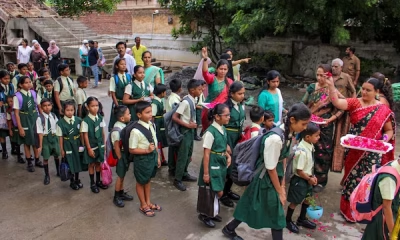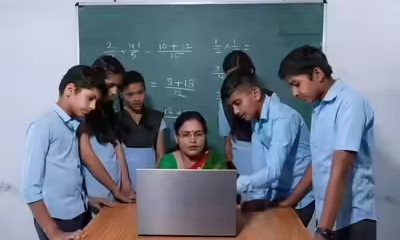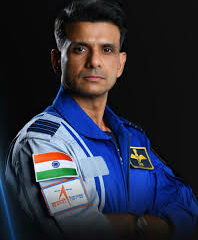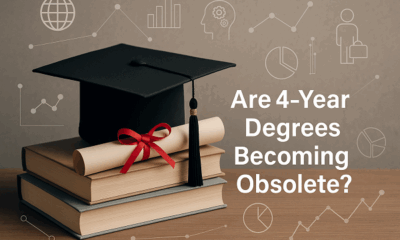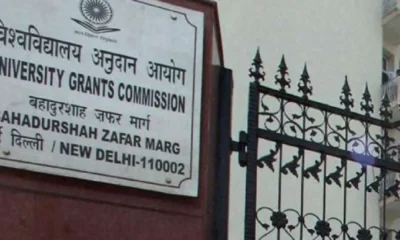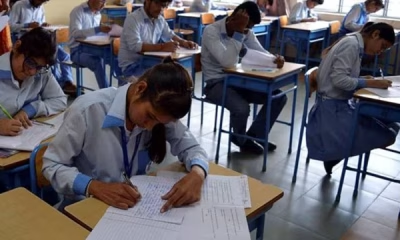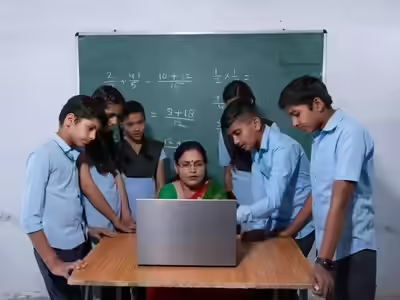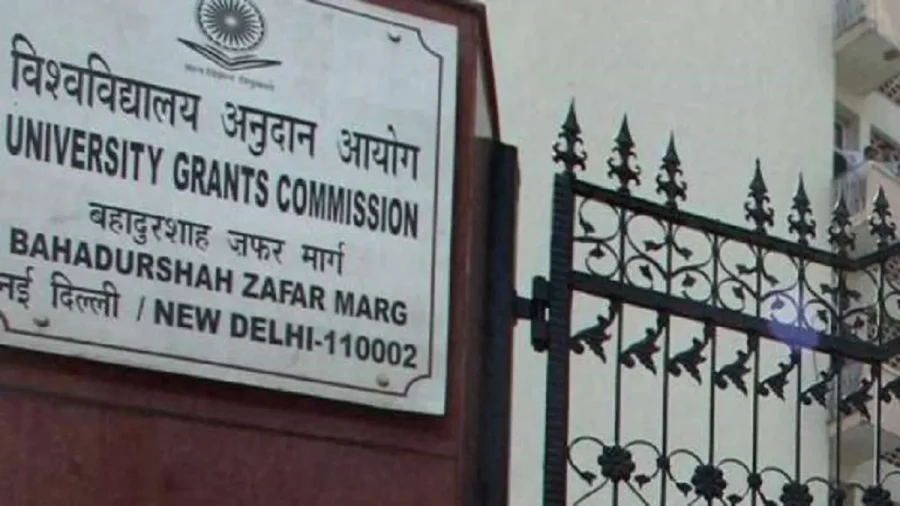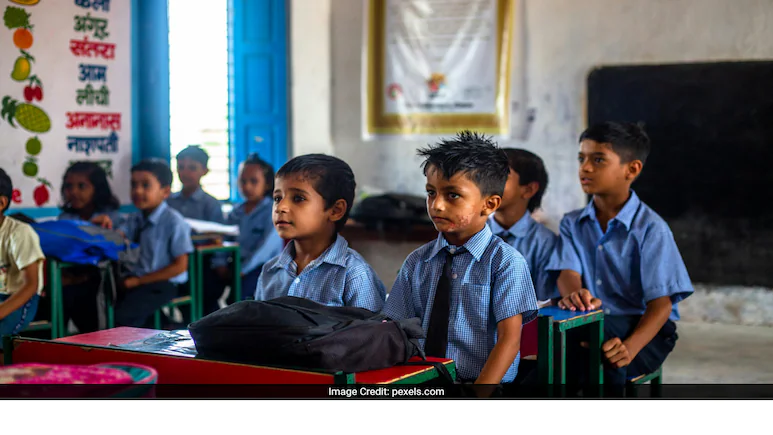With more than 5,000 attendees eager to learn what makes The Heritage Schools triumphant, ScooNews hosted a webinar on May 1, 2020, with the administrational heads of Heritage Xperiential Learning School, Gurugram, India.

Panellists:
- Manit Jain: Co-founder, The Heritage Schools (Panel Chair)
- Ariana Heifetz: Social Emotional Learning, Heritage Xperiential Learning School
- Ezette Grauf: Head Teaching & Learning, Heritage Xperiential Learning School
- Noora F. Noushad: Head Design & Technology, Heritage Xperiential Learning School
- Neena Kaul: Director& Principal, Heritage Xperiential Learning School
- Vishnu Karthik: Director, The Heritage Schools
During the 1.5-hour-long session, Ravi Santlani, CEO ScooNews, asked these ed-gurus what goes into the making of India’s no.1 school. Manit Jain and his team of experts explained about their personally-developed curriculum Social Emotional Learning (SEL), that single-handedly revolutionised the education sector. He began the session by sharing his school’s journey towards SEL and why he thought it was important to bring about a change in the ways of authentic teaching.
Excerpts are from the slides they shared, in their words:
Manit Jain, Co-founder, The Heritage Schools
For the change to happen in the education system, a more meaningful model was needed to be created. A kind of experiential education which remains relevant for decades to come. For us, this meant no uniforms, no textbooks, no subjects, no tests and a fully multidisciplinary project-based curriculum prepared by our teachers.
By 2013, the school started getting appreciation and acknowledgement as one of the best schools in the country. However, 2016 hit us with a wake-up call. Sadly, we had become too mechanical and were needed to rehumanise ourselves because of the following factors:
Industrial Revolution
- In 2016, the 4th industrial revolution was announced by the World Economic Forum.
- It was coming together of the digital, the biological and the physical that made us reevaluate the learning model.
- The authentic ways needed a modern twist.
Fewer Jobs For Humans
- The technology was constantly growing and repetitive tasks, which do not need creative touch, would be now done with the help of Artificial Intelligence.
- Jobs would decrease, forcing humans to develop social and creative intelligence.
We had to look into different ways of teaching that would develop those sought-after qualities in the coming generation, to avoid being obsolete in future. This included:
Social Intelligence
- Empathy Perceptiveness
- Negotiation Conflict Resolution
- Persuasion
- Assisting & Caring
- Sharing
Creative Intelligence
- Originality
- Curiosity
- Deep Thinking
Preparedness
We figured out how we need to prepare and what we need to focus on to develop the qualities that make us more compassionate. This included:
- Self-ability to know and accept one’s SWABHAV (self).
- Ability to create deep meaningful and essential relationships.
- Feeling of citizenship (community).
- The actual meaning of livelihood:
- Meaning: Doing something that gives life meaning.
- Mastery: Learning something every day.
- Money: True happiness comes when one does something for others.
In the meantime, our SEL curriculum evolved. This consists of 5 major points:
1. Project-Based Learning. Example, The Bicycle Project
- 7th graders in their project-based learning classes developed a project to be presented to the city government for a bicycle path in the city.
- For this project to succeed, the students needed a purpose, relevance, and real problem-solving ability.
- Students went through several phases of learning while working on old bikes to refurbish them, donating to the helping staff, learning the history and development, researching bike-friendly cities, etc.
- Learning from projects helped in interdisciplinary education.
- This project-based learning gave them deeper agendas than just learning academics.
Ariana Heifetz: Social Emotional Learning, Heritage Xperiential Learning School
2. The Human Framework: Specific aspect to be nurtured and developed
- My Essence/My Swabhav: Exploring one’s emotions, reactions, yearnings to have an understanding and a healthier relationship with oneself.
- My Purpose/My Swadharm: To be able to connect with one’s passions, to be able to give meaning to life & set goals.
- My Relationship: Foster true connections that bring joy by practising empathy and learning conflict resolution.
- My Context/My Water: Acknowledging that we don’t exist in isolation. Acknowledge what nurtures and gives values, hopes and spirituality and what does not.
Ezette Grauf: Head Teaching & Learning, Heritage Xperiential Learning School
3. Literacy
- We reshaped what literacy meant so far and what it is supposed to do from now on.
- Changing its assessment to match the definition.
- Set a new target and bring in models to support it.
- Provide training, resources, etc. to move forward.
- Having a well-curated library to support the curriculum.
What Constitutes Literacy Crime?
- The very thought that ‘One book fits all’: Not all children are born with the same comprehension abilities and hence, the reading material provided must differ to meet the individual requirements.
- Killing their love for reading and writing: This happens when we give them only non-fiction-related assignments that in no way build their reading style.
- Not providing adequate time for literacy learning.
- To think that accurately reading out words is a kind of reading success.
- Focusing on the whole group at the expense of individuals.
- Holding on to a book snobbery and book-judgement, using abridged classics.
- Forbidding student choice in reading and writing.
- To be a literacy teacher who chooses not to read.
Noora F. Noushad: Head Design & Technology, Heritage Xperiential Learning School
4. Technology to Enhance Creative Intelligence
Unlike several other countries, India lacked a framework to prepare students progressively, so we researched the global standards. They are:
- To shift the focus of technology consumption to creation, a comprehensive framework was developed to promote integral creative intelligence skills.
- Contextualized into our curriculum to develop grade-wise learning targets in innovation and technology creation.
- We implemented real-world problem-solving teaching methods, unlike robotics and technology clubs, to provide equal learning opportunities.
- Our focus is to enhance concepts like design thinking, rapid prototyping, to instil virtues of collaboration & design failure.
Vishnu Karthik, Director, The Heritage Schools
5. Bringing It All Together
- Regardless of the board followed by the school, the SEL model can be fitted into one’s curriculum and be easily customized.
- Curriculum standards shared above are as effective as they are implemented. What questions should be kept in mind while designing it is:
- Are these standards well-mapped into lesson plans?
- Do teachers do a good job of teaching that lesson in the class?
- Are students engaged enough in those lessons?
- Are the right assessments designed to measure those standards?
- Are feedbacks taken and provided to better the teaching and curriculum?
- Pairing all of this together is predominant.
Instructional Leadership Pedagogy & Protocols
We built a core pedagogy pyramid for all the teachers to follow by doing the following:
- Classroom Management: We use the pyramid as the lense to look at any practice in a classroom
- Training modules were developed.
- Pedagogical Practices: Student facing as well as teacher facing
- Analyzed the level of proficiency of teachers in a particular class
- Cognitive Coaching: We coached teachers to master their craft of teaching
- We brought in a culture of continuous improvement of teaching and learning practices
- We created a central team (panellists from today) whose core focus was to build capabilities in these discussed 5 domains
- Convincing the parent and teacher community for a complete change management process, workshops were held for the same.
- We created a system within the community to make this work. This was called a team of champions.
- We wanted teachers as well as students to have a product building mindset, a discipline to recreate what we built in the school to bring innovation to the market.
What is the journey forward?
To make sure that we, as an institute, keep evolving along with our curriculum, we revise the following points now and then:
- Center of Excellences (COEs): we get experts who help us reach out to more schools, help them implement SEL, and solve any issues they come across.
- Scale Up the Models: we do not want this model to be feasible for upscale private schools only, we are looking into cost moderation so to make it available to an average Indian kid across the nation.
- Technology Platform: all the work created in the last five odd years have been moved to online now. Since technology is the way forward, it is better to embrace it than be afraid of it.
Neena Kaul: Director& Principal, Heritage Xperiential Learning School
Operation & Culture of The Organisation
- The right kind of structures & effective robust processes increases the efficacy of any organisation.
- To sustain this culture, we need to be open to new ideas, develop an ability to take feedback, engage in reflective practices, and operate from trust and faith.
- Distribution of leadership should be converging as well as diverging at the right time in the right way.
Finally, for a deeper understanding of the SEL model, the team took to some crucial questions:
How can SEL be woven into a school community?
- SEL teams are present on each program level
- Parent engagement is crucial
- SEL subject integration to happen in all subject fields
- Focused curriculum for Junior, Middle & Senior classes to be prepared
- SEL skills model to be introduced
- SEL data gathering to monitor quality and growth
What are the popular myths related to SEL?
- Myth: adults need to perfectly master SEL skills
Fact: adults are also continuous learners
- Myth: Constant happiness, calm, and positivity is the goal of SEL
Fact: Social-emotional health does not equal being happy all the time
- Myth: Teachers must make students understand what values are good and which are bad
Fact: Values are not ‘taught’ by lecturing
CONCLUSION:
SEL or Social Emotional Learning is an empathetic education system that not just teaches the purpose of doing well in exams but also leads the way of life with every lesson. This learning model is necessary for children to be content in their lives and have a more meaningful existence while growing up.
facebook.com/heritageschoolggn
instagram.com/heritagexperiential
youtube.com/channel/UC9DwRSuh1LYNg8b1McUQAUw
twitter.com/heritage_ggn
linkedin.com/school/heritage-xperiential-learning-school
[email protected]
ScooNews is now on Telegram, follow us at (@ ScooNews) and stay updated.
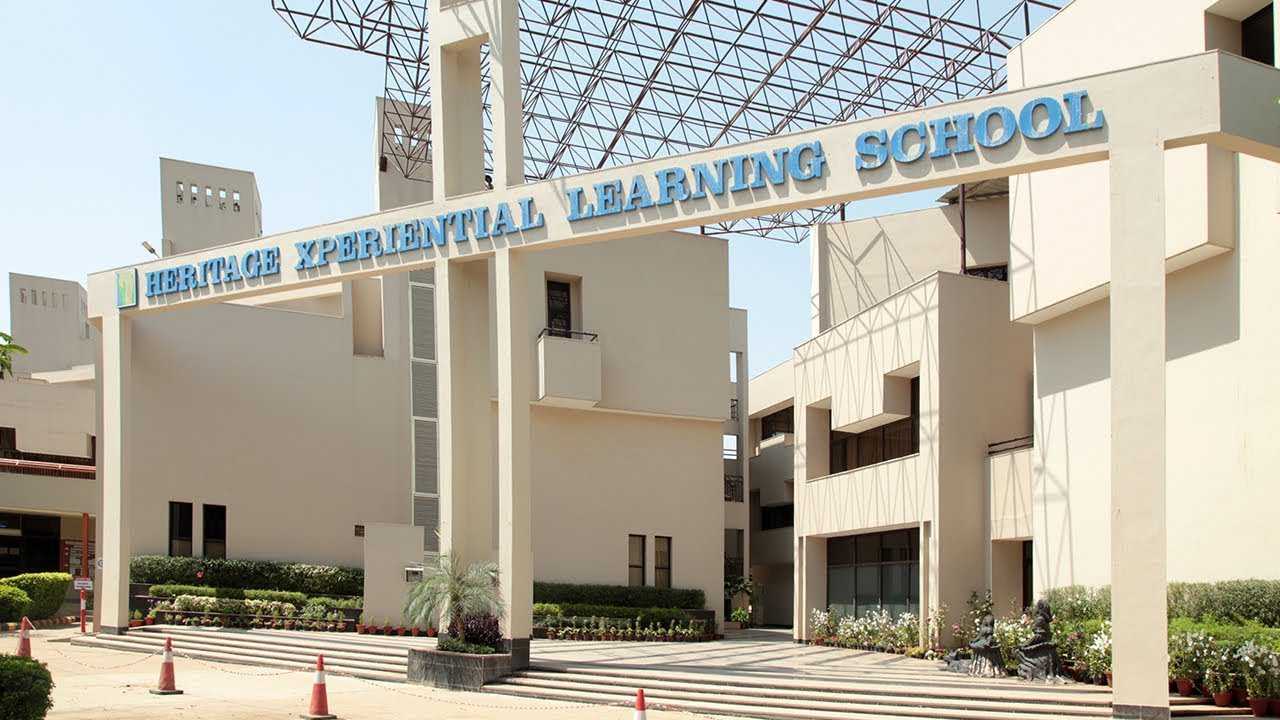
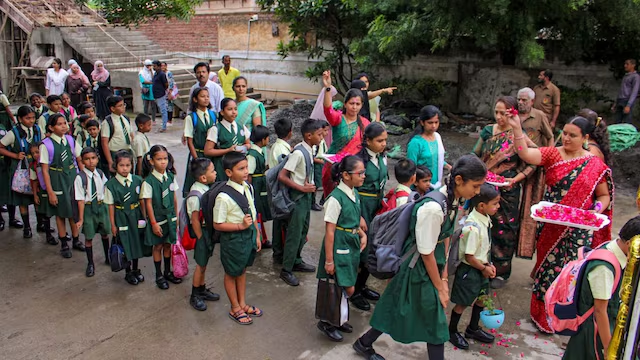
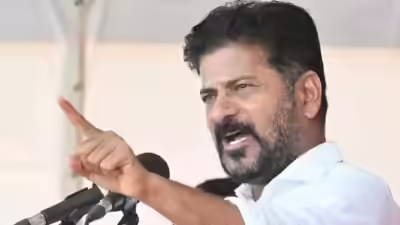
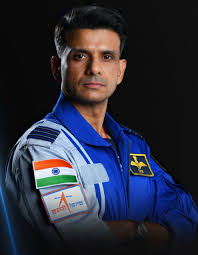
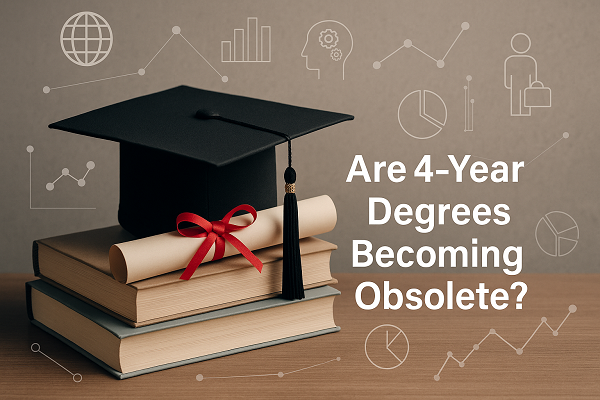

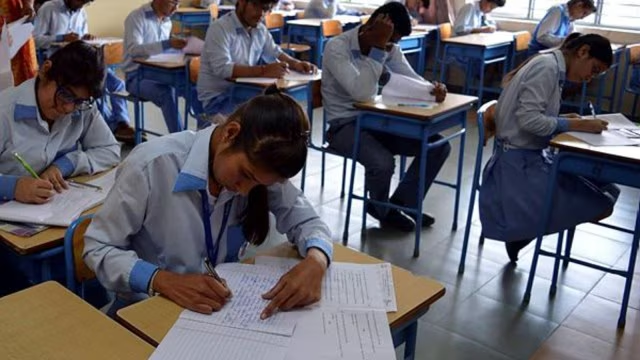
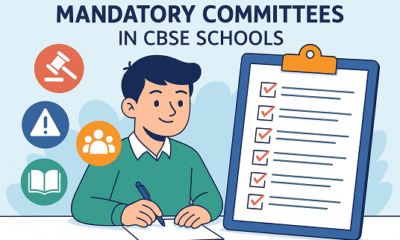
 Education3 months ago
Education3 months ago
 Education2 months ago
Education2 months ago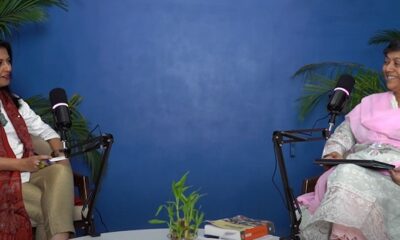
 Education3 months ago
Education3 months ago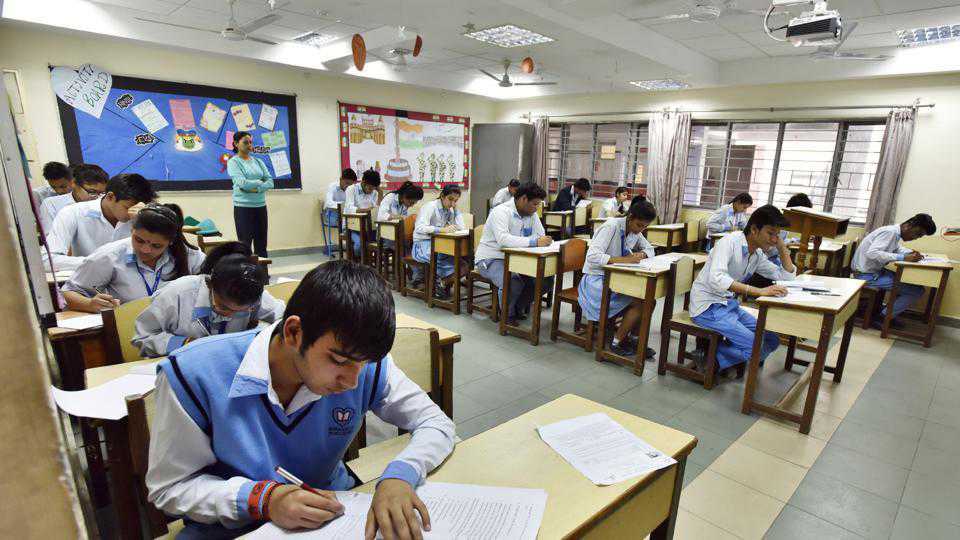
 News3 months ago
News3 months ago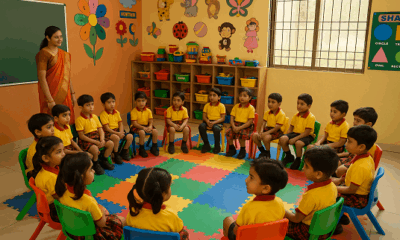
 Education2 months ago
Education2 months ago
 Education3 months ago
Education3 months ago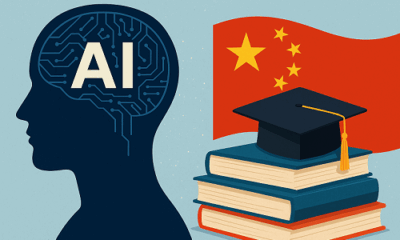
 Education3 months ago
Education3 months ago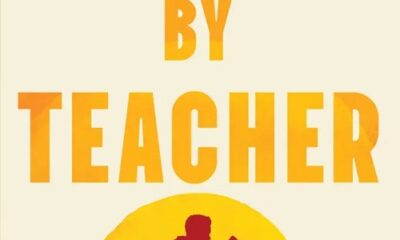
 Education2 months ago
Education2 months ago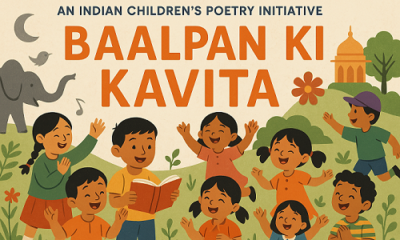
 Education3 months ago
Education3 months ago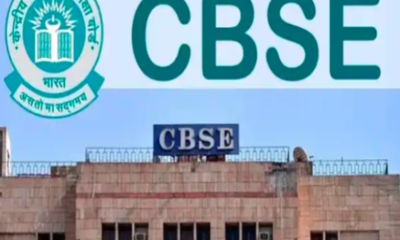
 Education2 months ago
Education2 months ago




